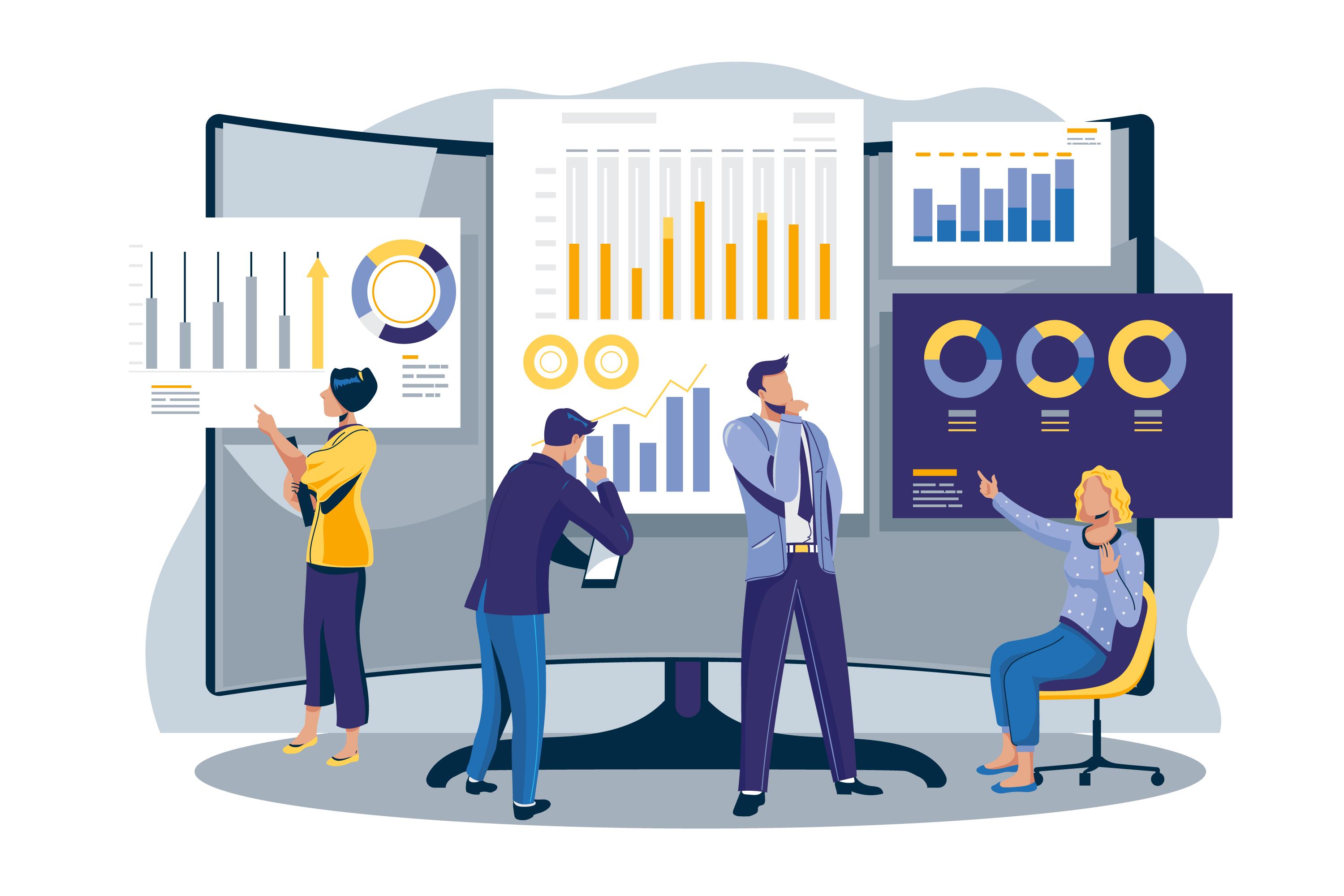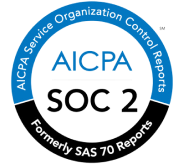Table of Content
Introduction
Future-ready companies understand the value of HR analytics in propelling their growth. As they leverage HR analytics, they can make business-backed and impactful decisions on time. Strategic business heads of a firm like CHROs can analyse the performance of their workforce in analytics and take initiatives to change the curve of the culture and gear it toward future-proof organisations. However, reading about how HR analytics fuels growth in future-ready companies is more important.
Thus, let’s read the blog post below and dive into the extensive knowledge of how HR analytics can change a business's dynamics, especially when integrated into an EI and AI-backed HR software in India.
Want to skip the content?

Embracing HR Analytics: A Paradigm Shift
HR analytics, also called People analytics, represents a seismic shift in how businesses manage their human resources. This methodology leverages data and statistical analysis to make informed decisions about an organisation's workforce. It transcends traditional HR practices, providing a data-driven approach to talent management, employee engagement, and organisational development.
The Strategic Imperative
- Enhancing Recruitment Efficiency
Streamlining the recruitment process is paramount for any future-ready company. HR Analytics empowers professionals to identify the most effective hiring channels, assess candidate fit, and predict employee success.
- Optimising Employee Performance
Understanding what drives employee performance is crucial. Businesses gain insights into the factors that motivate and engage their workforce through HR analytics while using the AI-driven HRMS software in India. This leads to targeted interventions that foster productivity and satisfaction.
- Identifying Skills Gaps
In a rapidly evolving business landscape, skill sets must align with organisational objectives. HR analytics pinpoints skills gaps, enabling companies to implement focused training and development programs that keep their workforce competitive.
HR Analytics Fuels Growth with these Best Practices
- Data Collection and Integration
Centralising HR data from various sources is the cornerstone of effective analytics. Cloud-based HR management systems facilitate seamless data integration, providing a comprehensive view of the workforce.
- Establishing Key Performance Indicators (KPIs)
Defining relevant KPIs is essential for meaningful analysis. These metrics should align with business goals, allowing companies to track progress and measure the impact of HR initiatives.
- Ensuring Data Privacy and Security
Safeguarding employee data is non-negotiable. Future-ready companies prioritise robust data privacy measures to build trust and comply with legal requirements.
Conclusion
HR analytics emerges as a linchpin for future-ready companies in an era of innovation and adaptability. By harnessing the power of data, businesses gain a competitive edge, driving growth and ensuring sustainability. Embrace HR analytics today and pave the way for a prosperous tomorrow.
FAQs
How does HR Analytics benefit small businesses?
HR Analytics is equally valuable for small businesses. It enables them to make data-driven decisions on hiring, performance management, and resource allocation, levelling the playing field in a competitive market.
Is HR Analytics a one-size-fits-all solution?
HR Analytics strategies are tailored to each organisation's unique goals and challenges. Customization ensures maximum relevance and effectiveness.
What role does AI play in HR Analytics?
Artificial Intelligence enhances HR Analytics by automating data processing, enabling predictive modelling, and uncovering patterns that might go unnoticed.
Can HR Analytics replace human intuition in decision-making?
While HR Analytics provides valuable insights, human judgement remains invaluable. It complements, rather than replaces, the expertise of HR professionals.
How long does it take to see tangible results from HR Analytics implementation?
The timeline for realising results varies depending on factors such as the scope of implementation, existing data quality, and the specific objectives set by the company.
What are the potential challenges in adopting HR Analytics?
One challenge is ensuring data accuracy and integrity. Additionally, organisations may face resistance to change from stakeholders unfamiliar with Analytics-driven decision-making.












